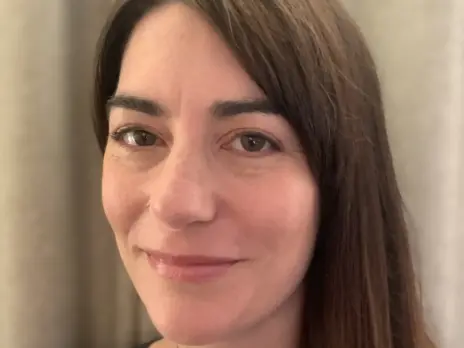
A team of BBC News reporters in Libya was detained and repeatedly beaten by Colonel Muammar Gaddafi’s security forces after being accused of spying, it has emerged.
Three members of the corporation’s Arabic staff were held for 21 hours in various military compounds where they were hooded, handcuffed, assaulted and subjected to a mock execution, the BBC said.
Their “abhorrent treatment” was last night condemned by the Foreign Office who promised of a “day of reckoning” for the abuses.
The trio were arrested on Monday at an army checkpoint at Al Zahra, six miles south of the western city of Zawiyah. They were with a local driver who was also taken.
Despite their BBC identification being shown, the men had their equipment confiscated and were interrogated before being taken to a huge military compound and held with out food or water.
Correspondent Feras Killani, a Palestinian refugee, said he was accused of being a British spy by his Libyan captors and believed he was going to be executed.
He said: “They knocked me down to the ground with their guns, AK-47s. I was down on my knees and I heard them cocking their guns.
“I was on the floor on my side, hands and feet cuffed, lying half on a mattress, and they were beating me
“I thought they were going to shoot me. It was a fake execution.”
He added: “They were saying I’m a spy working for British intelligence, they asked me about the 400 dollars and £60 and some dinars (local currency) I was carrying.
“They asked if I was given the money from the intelligence department I worked for.”
Another member of the team, Briton Chris Cobb-Smith, said the men were lined up against a wall at what they believed to be the headquarters of the foreign intelligence service during the ordeal.
“A man with a small sub machine gun was putting it to the nape of everyone’s neck in turn,” he said.
“He pointed the barrel at each of us. When he got to me at the end of the line, he pulled the trigger twice. The shots went past my ear.”
He added: “They all laughed as though it was very funny. There was a whole group of them in plain clothes.”
Goktay Koraltan, from Turkey, was also part of the BBC team. He said the group was at one point held in a cage in a small compound attached to a large military barracks.
He said: “They put masks on us. Gaffer taped them on and handcuffed us. I thought they would shoot us, I could hear guns loading. I was scared to death I thought it was the execution moment.
“I thought they were going to kill us and blame al Qaida or the rebels.”
Following the 21-hour ordeal, the news team was offered food and drink, and apologised to by a man who said their arrest was “a mistake by the military”.
They were then returned to their hotel and released and have now flown out of Libya.
Their treatment has been condemned by both the BBC and the British Government.
A Foreign Office spokesman said: “We were aware of the incident and have been in contact with the BBC throughout, facilitating contacts to ensure the safe release of those detained.
“We condemn the abhorrent treatment of the team. This is yet another example of the horrific crimes being committed in Libya.
“The regime had invited journalists to Libya to see the truth. This truth is even more glaring today than it was before.
“As we have made clear there will be a day of reckoning for these abuses.”
Liliane Landor, languages controller of BBC Global News, said: “The BBC strongly condemns this abusive treatment of our journalists and calls on the Libyan government to ensure all media are able to report freely and are protected from persecution.
“The safety of our staff is our primary concern especially when they are working in such difficult circumstances and it is essential that journalists working for the BBC, or any media organisation, are allowed to report on the situation in Libya without fear of attack.
“Despite these attacks, the BBC will continue to cover the evolving story in Libya for our audiences both inside and outside the country.”
Email pged@pressgazette.co.uk to point out mistakes, provide story tips or send in a letter for publication on our "Letters Page" blog






